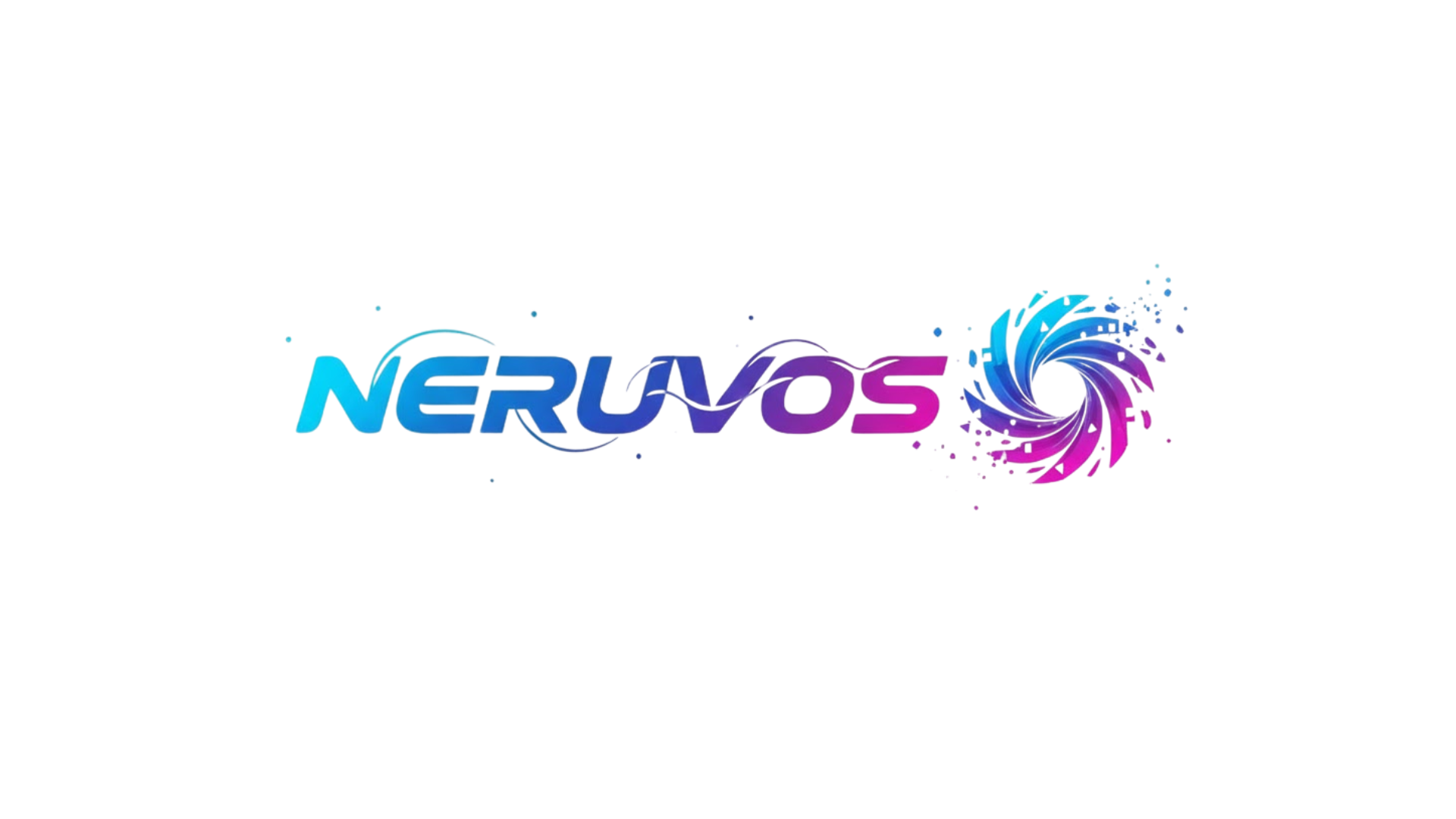Data analytics is revolutionizing education by enabling personalized learning experiences that adapt to individual student needs, transforming traditional classroom approaches into dynamic, student-centered environments. 📊
The Dawn of Data-Driven Educational Transformation
Education has always been about unlocking human potential, but historically, teaching methods followed a one-size-fits-all approach. Today, we stand at the threshold of an educational revolution where data analytics empowers educators to understand each student’s unique learning journey. This transformation isn’t just about collecting information—it’s about converting raw data into actionable insights that create meaningful learning experiences.
The integration of data analytics in education represents a fundamental shift in how we approach teaching and learning. Schools and educational institutions now have access to unprecedented amounts of information about student performance, engagement patterns, learning preferences, and behavioral indicators. When properly analyzed and applied, this data becomes the foundation for personalized education that addresses individual strengths, weaknesses, and learning styles.
Understanding the Mechanics of Educational Data Analytics
Educational data analytics involves collecting, processing, and interpreting various types of information generated throughout the learning process. This includes assessment scores, assignment completion rates, time spent on specific tasks, participation in discussions, and even subtle indicators like login frequencies and resource access patterns.
Modern learning management systems continuously gather this information, creating comprehensive digital footprints of each student’s academic journey. Advanced analytics platforms then process this data using sophisticated algorithms, identifying patterns that might escape human observation. Machine learning models can predict which students are at risk of falling behind, which teaching methods resonate with different learner profiles, and what interventions are most likely to yield positive outcomes.
Types of Educational Data Being Collected
The scope of data collection in modern educational settings is remarkably comprehensive. Assessment data includes not just final scores but also the time taken to complete tasks, the number of attempts, and even the sequence of answers. Behavioral data tracks attendance patterns, participation levels, and engagement with learning materials. Demographic information helps contextualize performance within broader socioeconomic and cultural frameworks.
Interaction data reveals how students engage with digital learning platforms, which resources they find most helpful, and where they encounter obstacles. This granular level of insight enables educators to move beyond surface-level observations and understand the deeper dynamics of each student’s learning process.
Personalization: The Heart of Modern Educational Success
Personalized education isn’t merely about adjusting difficulty levels—it’s about creating comprehensive learning pathways that align with individual cognitive profiles, interests, and goals. Data analytics makes this level of customization scalable, allowing teachers to provide differentiated instruction even in large classroom settings.
When analytics reveal that a student excels in visual learning but struggles with text-based materials, educators can adjust their approach accordingly. If data shows a learner performs better with shorter, frequent practice sessions rather than extended study periods, schedules can be adapted. This responsiveness transforms education from a rigid system into a flexible, adaptive environment that genuinely serves each learner’s needs.
Adaptive Learning Technologies in Action
Adaptive learning platforms represent the practical application of data analytics for personalization. These systems continuously assess student performance and automatically adjust content difficulty, pacing, and presentation formats. When a student masters a concept quickly, the system accelerates their progression. When difficulties arise, it provides additional support, alternative explanations, and targeted practice opportunities.
The sophistication of these systems continues to evolve. Some platforms now incorporate emotional intelligence, detecting frustration or disengagement through interaction patterns and responding with encouragement or strategic breaks. Others use predictive analytics to anticipate future learning challenges and proactively provide foundational support.
Breaking Down Barriers: Accessibility and Inclusion Through Data
One of the most profound benefits of data analytics in education is its capacity to identify and support students who might otherwise slip through the cracks. Traditional educational systems often fail to recognize struggling students until they’ve fallen significantly behind. Analytics-driven early warning systems flag concerning patterns immediately, enabling timely interventions. 🎯
This capability is particularly transformative for students with learning disabilities, those from disadvantaged backgrounds, or anyone facing non-obvious obstacles to academic success. Data can reveal that a student’s poor performance stems not from lack of ability but from factors like inadequate sleep, family stressors, or gaps in foundational knowledge—insights that inform more effective support strategies.
Equity Considerations in Data-Driven Education
While data analytics offers tremendous potential for promoting educational equity, it also requires careful implementation to avoid perpetuating biases. Algorithms trained on historical data may inadvertently encode existing inequalities. Responsible use of educational analytics demands constant vigilance to ensure systems enhance rather than limit opportunities for all students.
Progressive institutions are using data analytics specifically to identify and address achievement gaps. By analyzing performance data across demographic groups, schools can detect systemic issues and implement targeted programs to ensure equitable outcomes. This evidence-based approach to equity represents a significant advancement over assumption-driven initiatives.
Empowering Educators with Actionable Insights
Teachers are the linchpin of educational success, and data analytics serves as a powerful tool amplifying their effectiveness. Rather than replacing educator judgment, analytics provides teachers with information that deepens their understanding of each student and informs more strategic instructional decisions.
Dashboard systems present complex data in accessible visual formats, allowing teachers to quickly identify trends, compare individual progress against learning objectives, and evaluate the effectiveness of different instructional strategies. This immediate feedback loop enables continuous improvement in teaching practices.
Professional Development Driven by Data
Educational data analytics doesn’t just support student learning—it also facilitates teacher development. By analyzing which instructional approaches correlate with the best outcomes, schools can identify effective practices and share them across their faculty. Teachers can review their own performance data, understanding which methods work best with different student populations and subject areas.
This evidence-based approach to professional development replaces generic training with personalized growth opportunities aligned with each educator’s specific needs and teaching context. The result is a more competent, confident teaching workforce better equipped to serve diverse learners.
Real-Time Feedback: Transforming the Learning Loop
Traditional education often operates on delayed feedback cycles—students complete work, wait for grading, and receive feedback long after the learning moment has passed. Data analytics enables real-time assessment and immediate feedback, keeping students engaged and allowing them to correct misconceptions before they become entrenched.
Immediate feedback systems help students develop metacognitive skills, learning to monitor their own understanding and adjust their study strategies. This self-awareness is crucial for lifelong learning, extending benefits far beyond specific course content. When learners understand not just what they know but how they learn best, they become empowered, independent thinkers.
Predictive Analytics: Anticipating Challenges Before They Emerge
Perhaps the most exciting frontier in educational data analytics is predictive modeling. By analyzing patterns across thousands of students, algorithms can forecast which learners are likely to encounter difficulties, often before traditional assessment methods would detect any problems. 🔮
These predictive capabilities enable proactive rather than reactive educational support. Instead of waiting for students to fail and then providing remediation, schools can identify risk factors early and implement preventive interventions. This approach dramatically improves outcomes while reducing the emotional and academic costs of academic struggle.
Graduation and Career Readiness Predictions
Predictive analytics extends beyond immediate academic performance to long-term outcomes like graduation rates and career readiness. By identifying which skills and experiences correlate with post-graduation success, schools can design curricula and support programs that genuinely prepare students for their futures.
These insights help students make more informed decisions about course selections, extracurricular activities, and career paths. When data reveals that students with particular interest and skill profiles tend to thrive in specific fields, guidance counselors can provide more targeted, evidence-based advice.
Privacy, Ethics, and the Responsible Use of Student Data
The power of educational data analytics comes with significant ethical responsibilities. Student information is deeply personal, and its collection and use must prioritize privacy and consent. Schools must implement robust data security measures, transparent policies about data usage, and clear protocols for who can access what information and for what purposes.
Ethical considerations extend beyond security to questions about autonomy and surveillance. How much monitoring is appropriate? At what point does helpful tracking become invasive? How do we balance the benefits of data-driven personalization against students’ rights to privacy and the freedom to learn without constant observation?
Building Trust Through Transparency
Successful implementation of educational analytics requires trust from students, parents, and educators. This trust is built through transparency—clearly communicating what data is collected, how it’s used, who has access to it, and what safeguards are in place. When stakeholders understand that data serves student welfare rather than administrative convenience, they become partners in the analytics ecosystem.
Progressive educational institutions involve students in understanding their own data, teaching data literacy as a valuable skill while also giving learners agency over their educational information. This approach transforms data from something done to students into a tool they use for their own growth.
Implementation Strategies for Schools and Districts
Transitioning to data-driven personalized education requires more than just purchasing analytics software. Successful implementation demands strategic planning, professional development, cultural shifts, and ongoing refinement. Schools must assess their current data infrastructure, identify gaps, and develop realistic roadmaps for building analytics capacity.
Starting small with pilot programs allows institutions to learn from experience before scaling district-wide. Beginning with willing early adopters creates champions who can demonstrate benefits and help skeptical colleagues understand the value of analytics-driven approaches. Building internal expertise through training ensures sustainability and reduces dependence on external vendors.
Overcoming Resistance to Change
Like any significant innovation, educational data analytics faces resistance from various stakeholders. Some teachers worry that data-driven approaches will diminish their professional autonomy or reduce teaching to formulaic processes. Parents may have privacy concerns. Students might feel uncomfortable with being constantly monitored.
Addressing these concerns requires genuine dialogue, not dismissal. Successful schools acknowledge legitimate worries while demonstrating how thoughtfully implemented analytics actually enhances rather than replaces human judgment, protects privacy while improving outcomes, and empowers rather than constrains learners.
The Future Landscape of Personalized, Data-Enhanced Education
We’re still in the early stages of the educational analytics revolution. Emerging technologies like artificial intelligence, natural language processing, and augmented reality will create even more sophisticated personalization possibilities. Imagine virtual tutors that adapt not just to what students know but to their emotional states, cultural contexts, and learning preferences in real-time. 🚀
The integration of neuroscience with educational data analytics promises insights into optimal learning conditions based on cognitive science. Wearable technology might provide data about attention, stress levels, and cognitive load, allowing systems to adjust in response to students’ physiological states.
As analytics capabilities expand, the fundamental question remains: How do we harness these powerful tools to genuinely serve human flourishing? The technology is neutral—its impact depends entirely on how we choose to implement it. Used wisely, data analytics can unlock potential in ways previously unimaginable, creating educational experiences that honor each learner’s uniqueness while providing the support they need to succeed.
Measuring Success: Beyond Test Scores
One crucial evolution in educational analytics involves expanding what we measure. Traditional metrics focused almost exclusively on academic achievement, but comprehensive student success encompasses much more—social-emotional development, creativity, critical thinking, collaboration skills, and personal well-being.
Advanced analytics platforms now incorporate these broader success indicators, creating more holistic portraits of student growth. This comprehensive approach ensures that personalization serves the whole child, not just their test-taking abilities. When schools value and measure diverse forms of intelligence and achievement, they create space for more students to recognize and develop their unique strengths.

Creating a Culture of Continuous Improvement
The ultimate goal of educational data analytics isn’t just improving individual student outcomes—it’s creating learning organizations that continuously evolve based on evidence. When schools systematically collect data, analyze patterns, implement changes, and measure results, they embody the same growth mindset they hope to instill in students.
This culture of continuous improvement, driven by data and guided by humanistic values, represents education’s brightest future. It’s a future where every student receives the personalized support they need to reach their potential, where educators have the insights and tools to be maximally effective, and where systemic inequities are identified and addressed through evidence rather than intention alone.
The journey toward fully realized, data-enhanced personalized education will require ongoing innovation, critical reflection, and commitment to serving all learners. The potential rewards—unlocking human capability on an unprecedented scale—make this one of the most important endeavors of our time. By thoughtfully harnessing the power of data analytics while maintaining focus on fundamentally human values, we can create educational experiences that truly transform lives and communities. ✨
Toni Santos is an education futurist and learning design researcher dedicated to reimagining how people build skills in a fast-changing world. With a focus on cognitive tools, EdTech innovation, and equitable access, Toni explores systems that help learners think deeper, adapt faster, and learn for life. Fascinated by the science of learning and the power of technology to personalize growth, Toni’s journey bridges classrooms, startups, and global initiatives. Each project he shares is an invitation to transform education into a continuous, human-centered experience—where curiosity, practice, and purpose align. Blending learning science, product design, and policy insight, Toni studies models that turn knowledge into capability at scale. His work highlights how thoughtful design and inclusive technology can unlock talent everywhere—across ages, cultures, and contexts. His work is a tribute to: Cognitive learning tools that make thinking visible and transferable EdTech innovation that expands access and personalizes pathways Lifelong learning systems that support relevance, resilience, and purpose Whether you’re building a learning product, shaping policy, or growing your own skills, Toni Santos invites you to design learning for tomorrow—one insight, one practice, one empowering pathway at a time.




